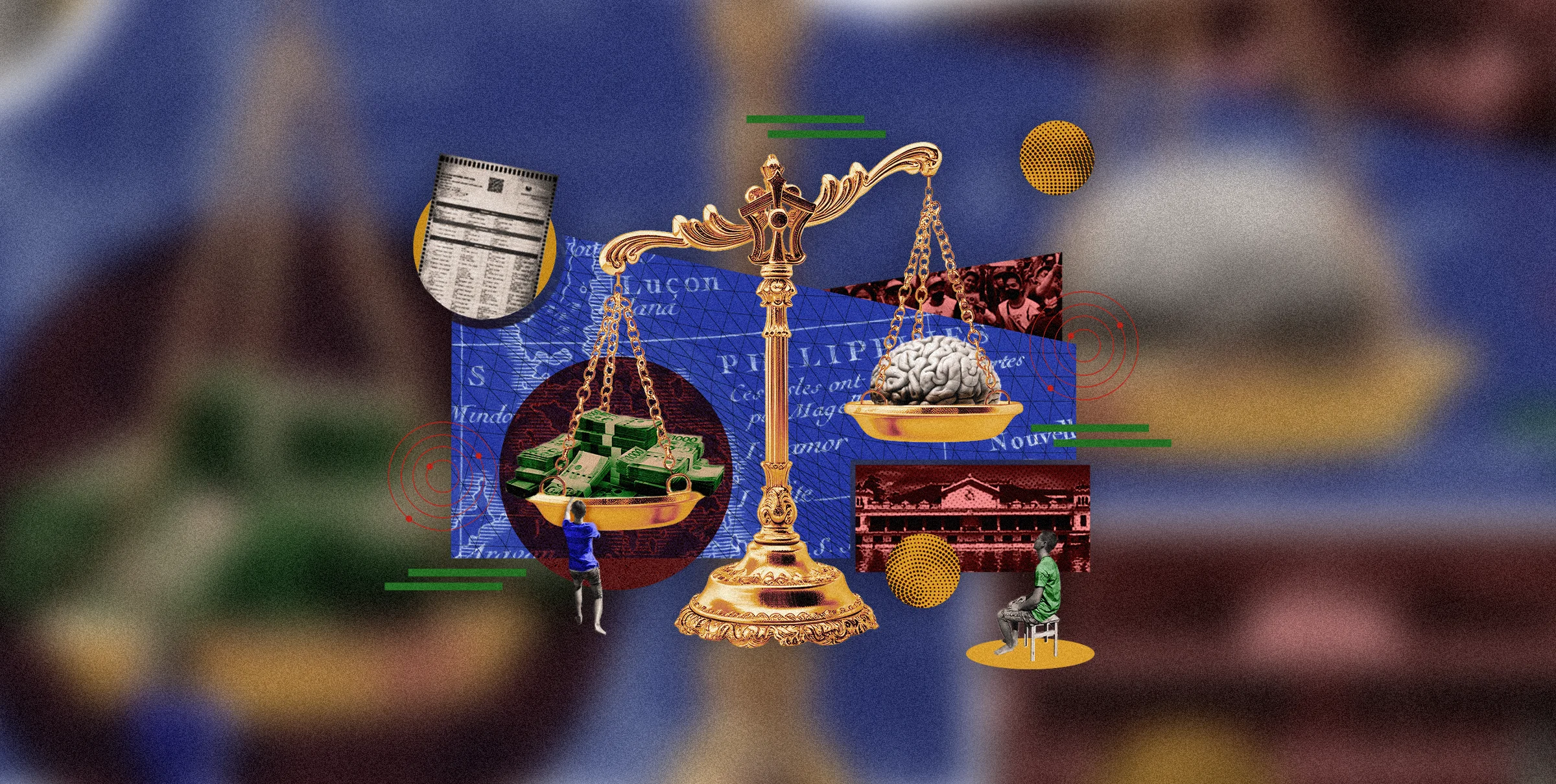
Three months just before the 2025 midterm elections, I came across a video of President Bongbong Marcos’ speech at a rally in Ilocos Norte. Of course, there was the expected loyalist applause. But to my surprise, his speech was (annoyingly) agreeable. The thought of it, anyway.
He praised his endorsed slate as candidates without bloodied hands from Tokhang, who didn’t cheer when China harassed our fishermen, who didn’t turn a blind eye to the unchecked presence of POGOs. The right words—from the wrong mouth.
“Who writes his speeches?” one netizen implied a ghostwriter. The comments dug deeper: allegedly, it was a Creative Writing graduate from UP. Promising, clever, and apparently disillusioned enough to switch sides.
A betrayal? Or just another casualty? Still, whether or not we believe in the existence of ghostwriters, just how many brilliant minds are swallowed by a system designed to break them?
Reap what you sow
In the aftermath of the 2022 Philippine presidential elections, troll farm whistleblower and anonymous Reddit user u/smregide came forward, admitting to being a cog in the massive disinformation machine that propelled incumbent President Marcos into power. And what was the price? Php 60,000 to Php 80,000 a month.
They laid out the entire system in painstaking detail: team leaders, scripts, fake accounts. The trolls—even those from prestigious universities and firms—were just looking to make a quick peso. And ironically, many of them were Kakampinks, staunch supporters of Atty. Leni Robredo—the fiercest opposition during the last national elections.
Around the same time, another anonymous whistleblower on Magic 89.9 described disturbingly similar circumstances: they were hired to execute a disinformation campaign for at least Php 2.5 million a year. Despite this, they claimed to still vote according to their “conscience,” believing they’ve earned easy money out of this without consequence.
But really, what good is one “conscientious” vote when they’ve influenced millions to think otherwise? They failed to recognize their role in the propaganda that defaced the legacy of the first EDSA People Power Revolution.
Premium giants
Even the most established figures can be bought, too. Take Harry Roque, for example. How does a human rights defender become a spokesperson for an administration criticized for its human rights violations?
In his quick stint in office, we came to see his even quicker turnaround. He backtracked on many of his long-held beliefs: Former president Rodrigo Duterte’s drug war, which he previously described as “bloody,” is now, to him, bloody “successful.”
The Marcoses have—or had—a sellout of their own as well: the late Miriam Defensor-Santiago. Once upon a time, she ruled against Martial Law. Yet, in the 2016 Philippine presidential elections, she chose President Marcos as her running mate. A change of heart or a desperate calculation?
Breaking the cycle
These once-steadfast idealists rewrite their principles to fit a new reality. Out of necessity? Maybe. Out of ambition? To some, likely. But what does it matter? The result is the same: a slow erosion of resistance.
It’s easy to call them traitors. But let’s be honest, how many of us would have chosen between survival and conviction? When moral integrity becomes a privilege, is there really a choice at all?
That’s exactly the problem. The system doesn’t just break people; it forces them to make impossible choices and convinces us that betrayal is inevitable; it thrives on the people’s vulnerabilities to keep power exactly where it is.
Hopefully, we're just spectators to these dilemmas—but are we? If not our loyalty, then might our naivety be carefully preserved to keep us complacent? After all, there must be a reason why our education system remains chronically underfunded.
So what now? When do we start asking harder questions? Not just about those who switch sides, but about the conditions that make it necessary. Because if we don’t, we’re not just witnesses to this decay; we become part of it.